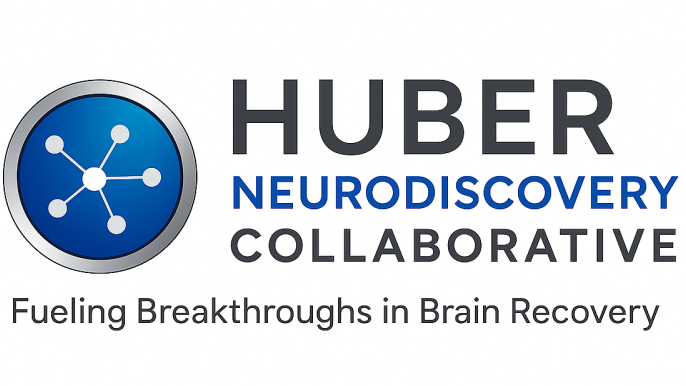Make a gift today to support education, lifesaving research and world-class care. Give Today ➔


Lack of blood flow to the brain is a leading neurologic cause of death and disability. Ischemic brain injury begins when disrupted blood flow deprives neurons of oxygen and nutrients, while allowing harmful metabolic by-products to accumulate, leading to cellular energy failure, ion imbalance and ultimately neuronal death. This fundamental pathophysiology contributes to a spectrum of disorders: cerebral palsy often results from perinatal ischemia during birth; stroke, especially ischemic stroke, is caused by thrombotic or embolic vessel occlusion; and anoxic brain injury frequently follows cardiac arrest or heart failure, where global hypoperfusion inflicts widespread neuronal damage.
At Baylor College of Medicine, our scientists in Neurology and Neuroscience are making advances in understanding the cause and developing new treatments for ischemic brain injury. In the acute setting, better understanding of mechanisms of neuronal injury will allow therapeutic development of novel neuroprotective agents that can increase resiliency of susceptible brain regions during ischemic injury in cardiac arrest. Following ischemic injury, there are opportunities to improve plasticity in the brain using neuromodulation approaches like transcranial magnetic stimulation.

Nancy J. Davis Mosley, CFRE
Executive Director of Development
Phone: (713) 798-6194
ndavis@bcm.edu